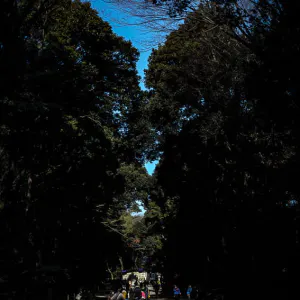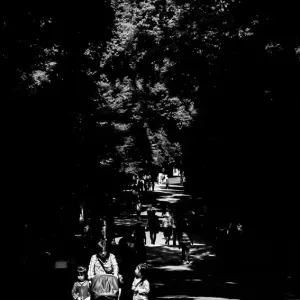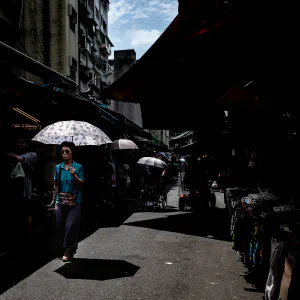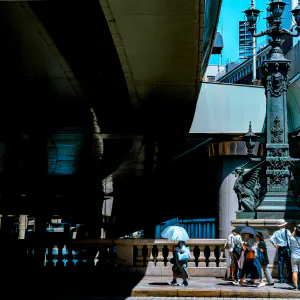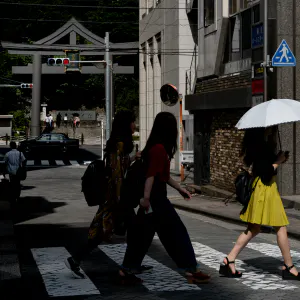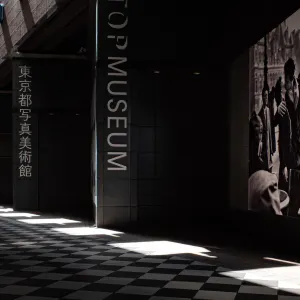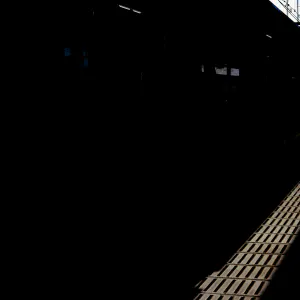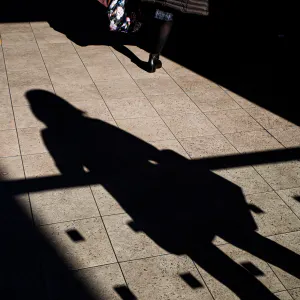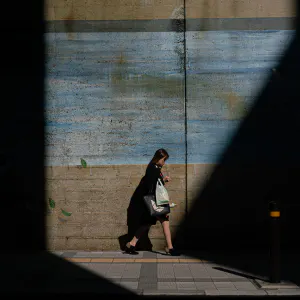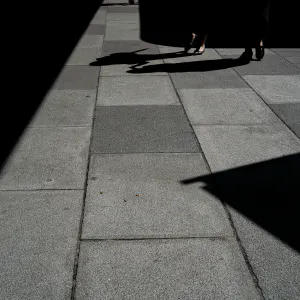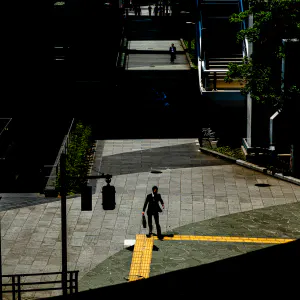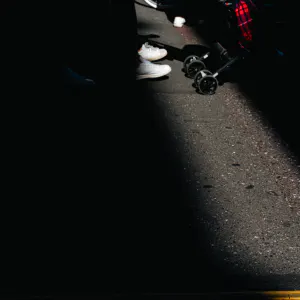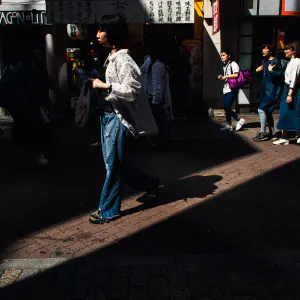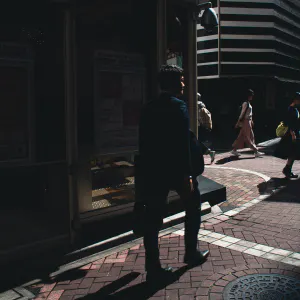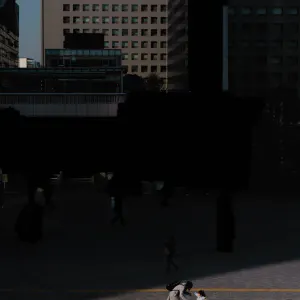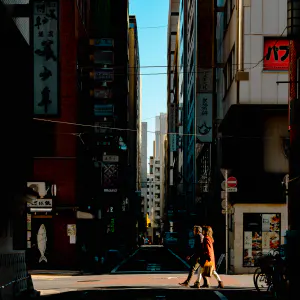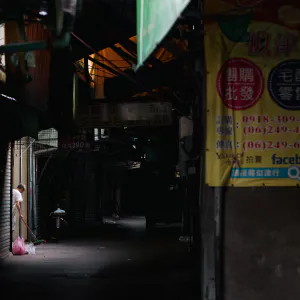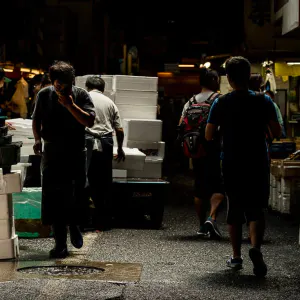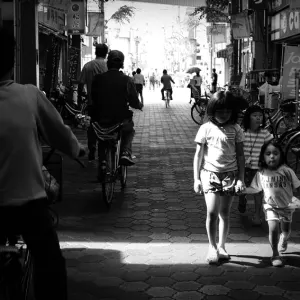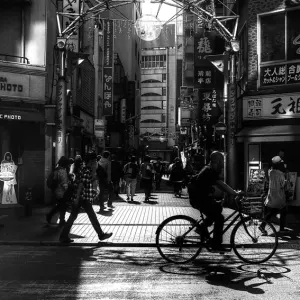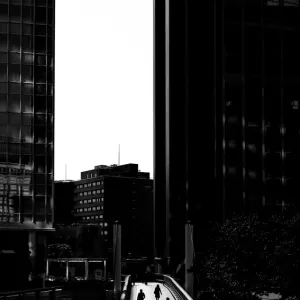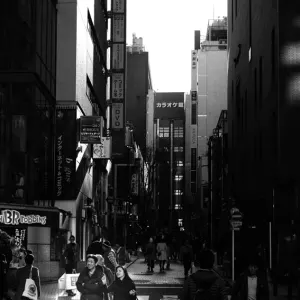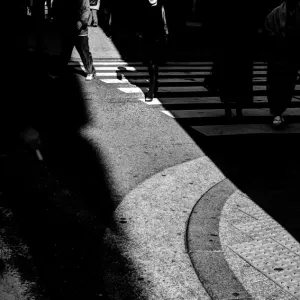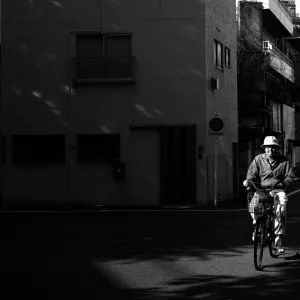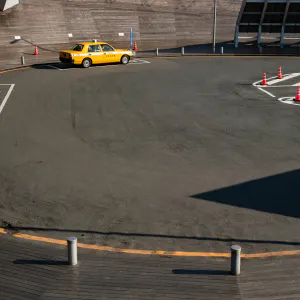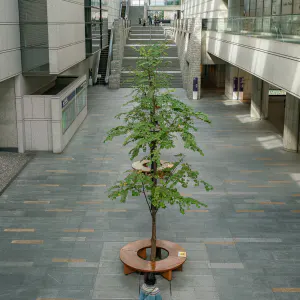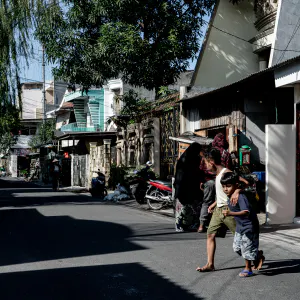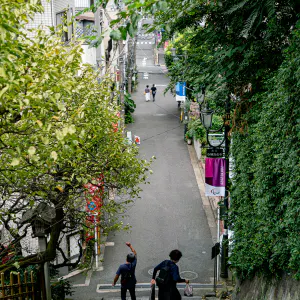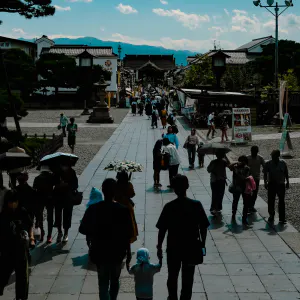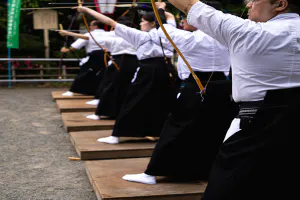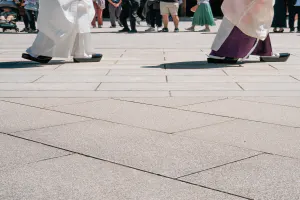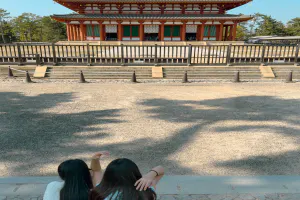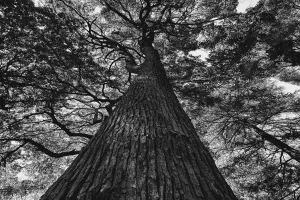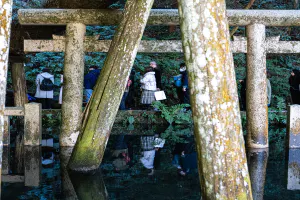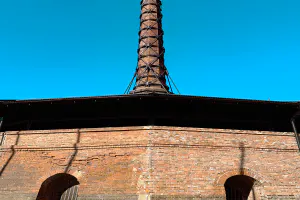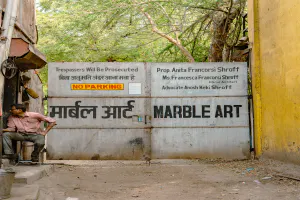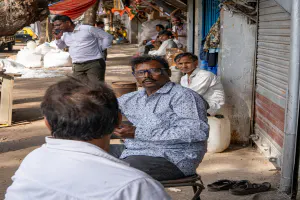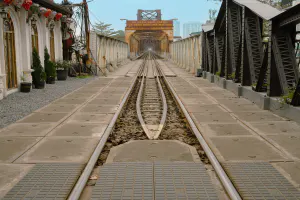Many people were walking along the side approach to the Hokkaido Jingu, which was overgrown with trees
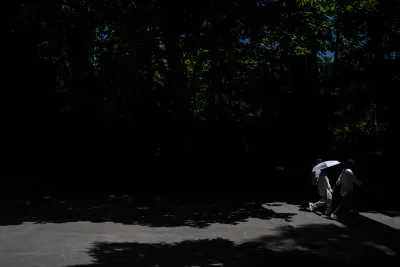
If you take the shortest route from Maruyama Koen Station to Hokkaido Jingu Shrine, you will inevitably not pass through Omotesando. Instead, you take a side approach, or rather, a narrow approach like a hiking trail, which is narrower and thickly overgrown with trees compared to the wide Omotesando approach. It seems that I am not the only one who thinks that it is much closer to the shrine, and many worshippers are walking on this hiking course. The Omotesando approach straight from the shrine looks a bit lonely because of this. Few people stop to bow before the large second torii gate.
I almost feel sorry for the few people who take the Omotesando, but I can't help it because the side approaches are more interesting than the Omotesando when I actually walk along them. While the Omotesando leads straight to the shrine pavilions, the side roads winding their way through the shrine buildings are more intriguing to visitors from Tokyo. The three shrines that appear shortly after passing through the torii gate at Maruyama Park are of a type not seen in the Kanto area, and make one want to make a detour.
The first shrine, Kaitaku Jinja, enshrines Hokkaido's pioneers, as its name suggests. The next shrine, Korrei Jinja, enshrines the dead of the Hokkaido Mining Association, and the last shrine, Hotaki Jinja, enshrines the deceased of the Hokkaido Takushoku Bank. All of these shrines worship deities unique to Hokkaido and probably not enshrined anywhere else in the country. These shrines are a clear indication that Hokkaido was fully developed in the modern era.
| Mar 2024 HOKKAIDO IN THE CITY | |
| APPROACH SHRINE SUNNY SPOT UMBRELLA |
PHOTO DATA
No
12570
Shooting Date
Jun 2023
Posted On
March 9, 2024
Modified On
July 5, 2024
Place
Sapporo, Hokkaido
Genre
Street Photography
Camera
SONY ALPHA 7R V
Lens
ZEISS BATIS 2/40 CF
